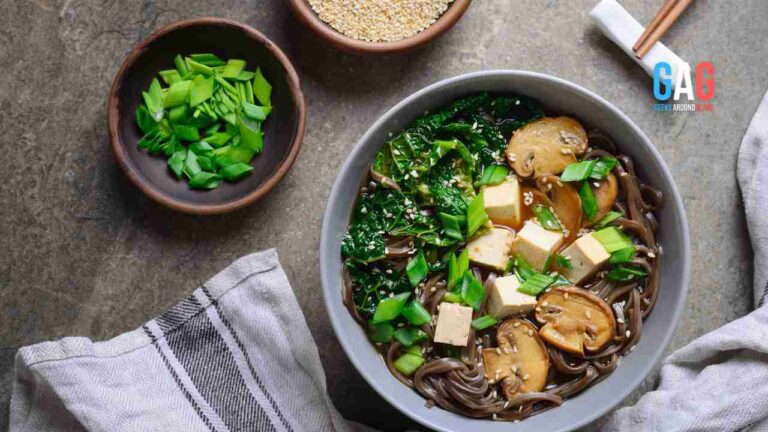Are you interested in becoming a vegan but don’t know where to start? Going vegan can be daunting and overwhelming. The good news is that you don’t have to go vegan overnight. It can be a gradual process.
In this article, we’ll discuss some helpful tips on how to make the transition to a vegan lifestyle easier. We’ll look at why it’s important to start with small changes, and what resources and support networks are available to help.
Veganism is more than just avoiding meats
Being vegan means avoiding all animal products, not just meats. This includes dairy, eggs, honey, and other animal by-products. Vegans also tend to avoid processed foods and refined sugars. Instead, a vegan diet consists of fruits, vegetables, grains, legumes, nuts, and seeds. This type of diet can provide many health benefits, such as reducing the risk of heart disease, diabetes, and obesity.
The environmental impact of veganism is also significant. Eating a vegan diet can reduce a person’s carbon footprint by up to 73%. This is because the production of animal products is responsible for more greenhouse gas emissions than any other activity. A vegan diet also requires fewer resources like water and land, which can help
Benefits that a vegan diet will bring to your health
A vegan diet consists of plant-based foods, without any animal derived products. This type of diet is known to provide many health benefits, as long as it is well-balanced and carefully followed. Studies have shown that a vegan diet can even be as beneficial as a detox regimen, particularly for skin health.
Compared to an omnivorous diet, a vegan diet includes more fruits, vegetables, nuts, and whole grains. These foods are low in saturated fat and cholesterol and high in fiber, vitamins, and minerals. This means that vegan diets are lower in calories and can help people lose weight and maintain a healthy body.
A vegan lifestyle also helps to reduce stress, improve mood, and increase energy levels. Following a vegan diet, although it may seem pretty difficult at the beginning, will be highly beneficial in the long term.
The three vegan food groups you need to know
A myth must be debunked: vegan foods are tasteless and boring. Nothing could be further from the truth.
Would you like to know a delicious vegan recipe? Don’t miss it, check it out here: https://successrice.com/recipes/vegan-brown-rice-bbq-meatloaf/
A vegan diet is one of the healthiest and most sustainable ways of eating. It is based on the principle that all living beings have the right to life and freedom, and therefore excludes all forms of animal exploitation and cruelty. Vegan foods can be grouped in three main categories: fruits and vegetables, grains and legumes, and plant-based proteins.
Vegetables and fruits
Fruits and vegetables play an important role in vegan diets. Eating a variety of fruits and vegetables is essential for meeting nutrient needs, as well as for experiencing different flavors and textures. There are many types of fruits and vegetables to enjoy, such as leafy greens, root vegetables, legumes, and starchy vegetables. Fruits can include apples, oranges, bananas, and berries.
Grains, nuts, seeds and legumes
Grains, such as wheat, oats, barley, corn, brown, white and wild rice, provide carbohydrates and fiber. Nuts, such as almonds, walnuts, cashews, pecans, and macadamia nuts, are rich in proteins, healthy fats, and vitamins.
Besides, seeds, such as sesame, pumpkin, and sunflower, are packed with protein, fiber, minerals, and essential fatty acids. Legumes, such as beans, peas, and lentils are excellent sources of vitamins and protein, the perfect substitute for animal-based protein.
Plant-based milks
The third, but not less important part of vegan diets is plant-based milks. These are made from nuts, seeds, grains, and legumes. There are many types of plant-based milks available to vegans, such as almond milk, oat milk, coconut milk, soy milk, hemp milk, and rice milk. Each of those has its own unique flavor and nutritional benefits.
Plant-based milks are a great source of vitamins and minerals, such as calcium, magnesium, and vitamin B12. One great advantage they have over animal derived milk is that they are low in saturated fat and cholesterol, making them a healthier choice than the others.
In addition, plant milks do not contain lactose, making them ideal for those who suffer from lactose intolerance.






